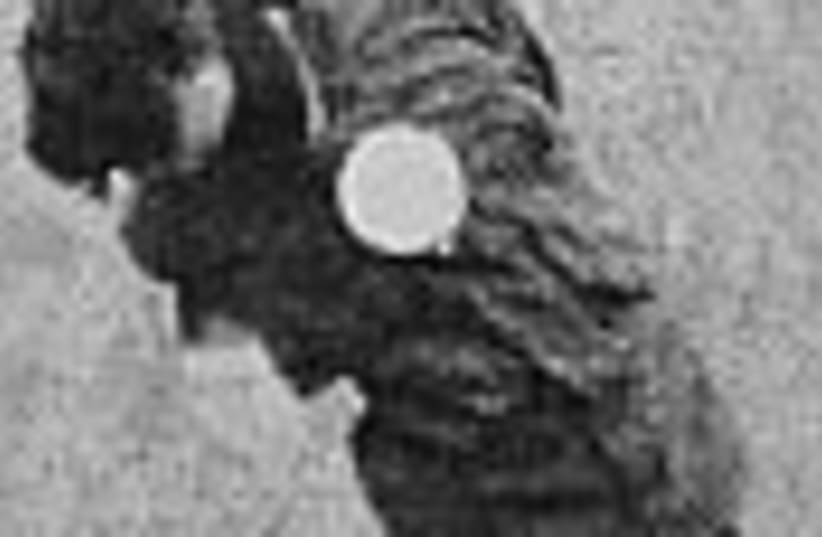| More about: | Europe, Cincinnati, Nazi Germany, Israel |
Federal appeals court opens way for settlement payouts for Austrian Jews
Lawsuit held up an agreement with Austria that established a fund to compensate Austrian Jews.


| More about: | Europe, Cincinnati, Nazi Germany, Israel |